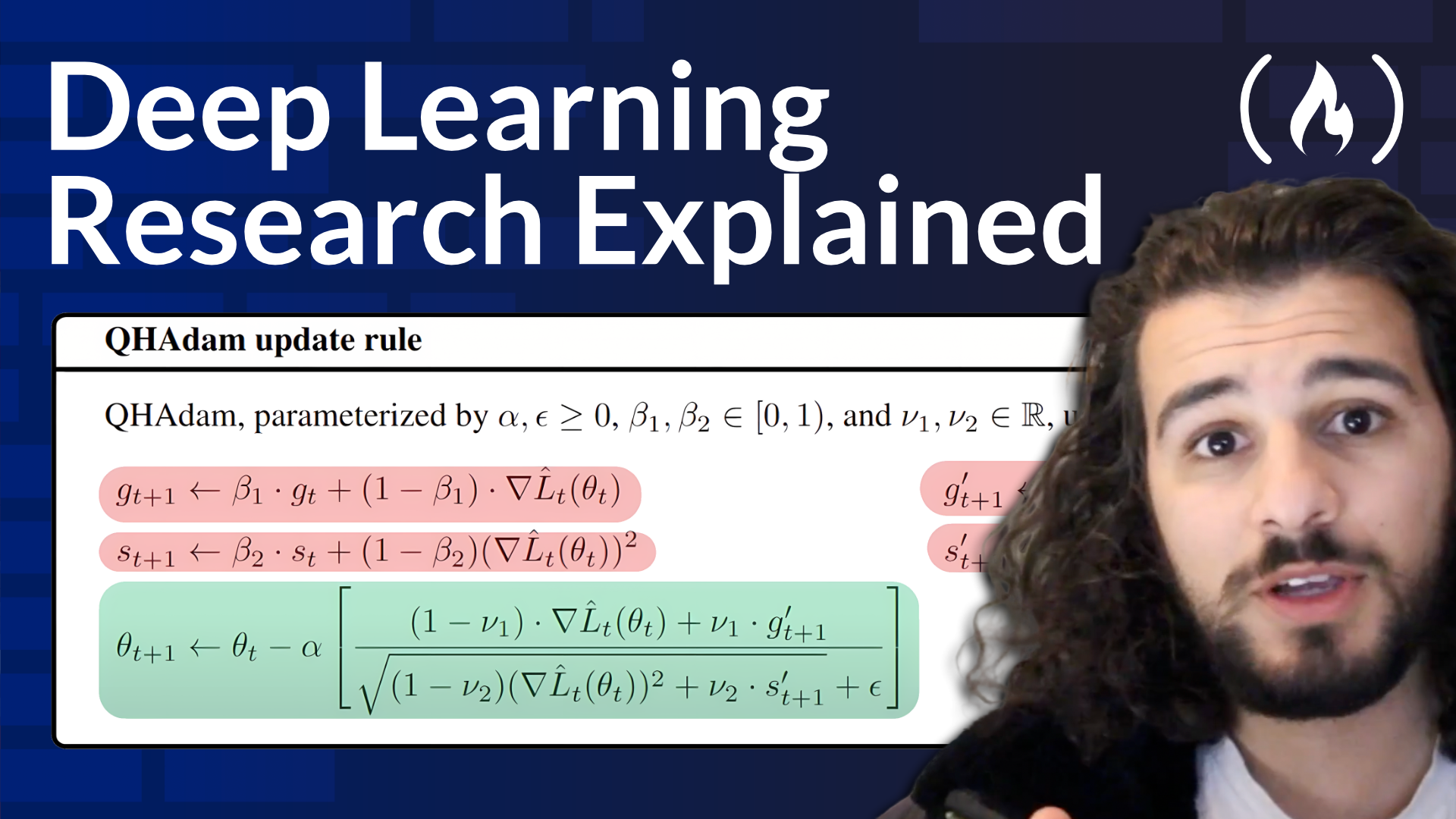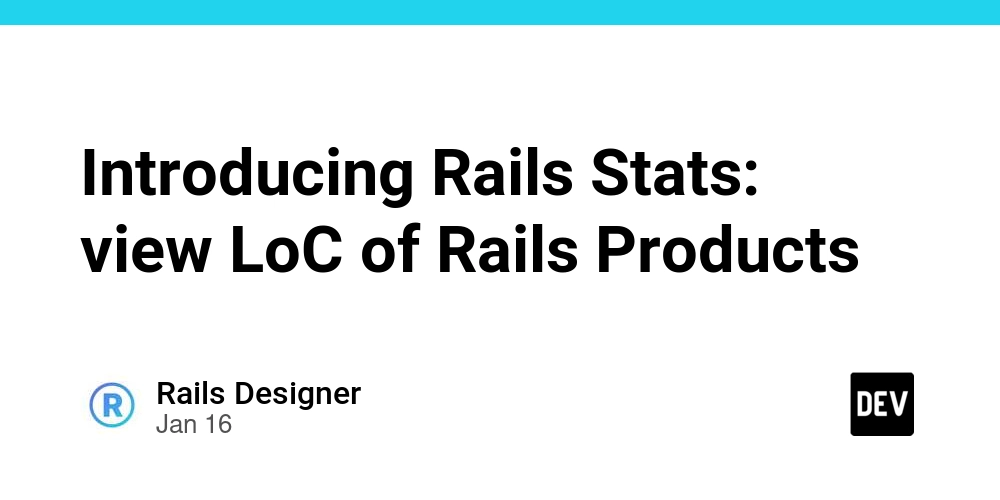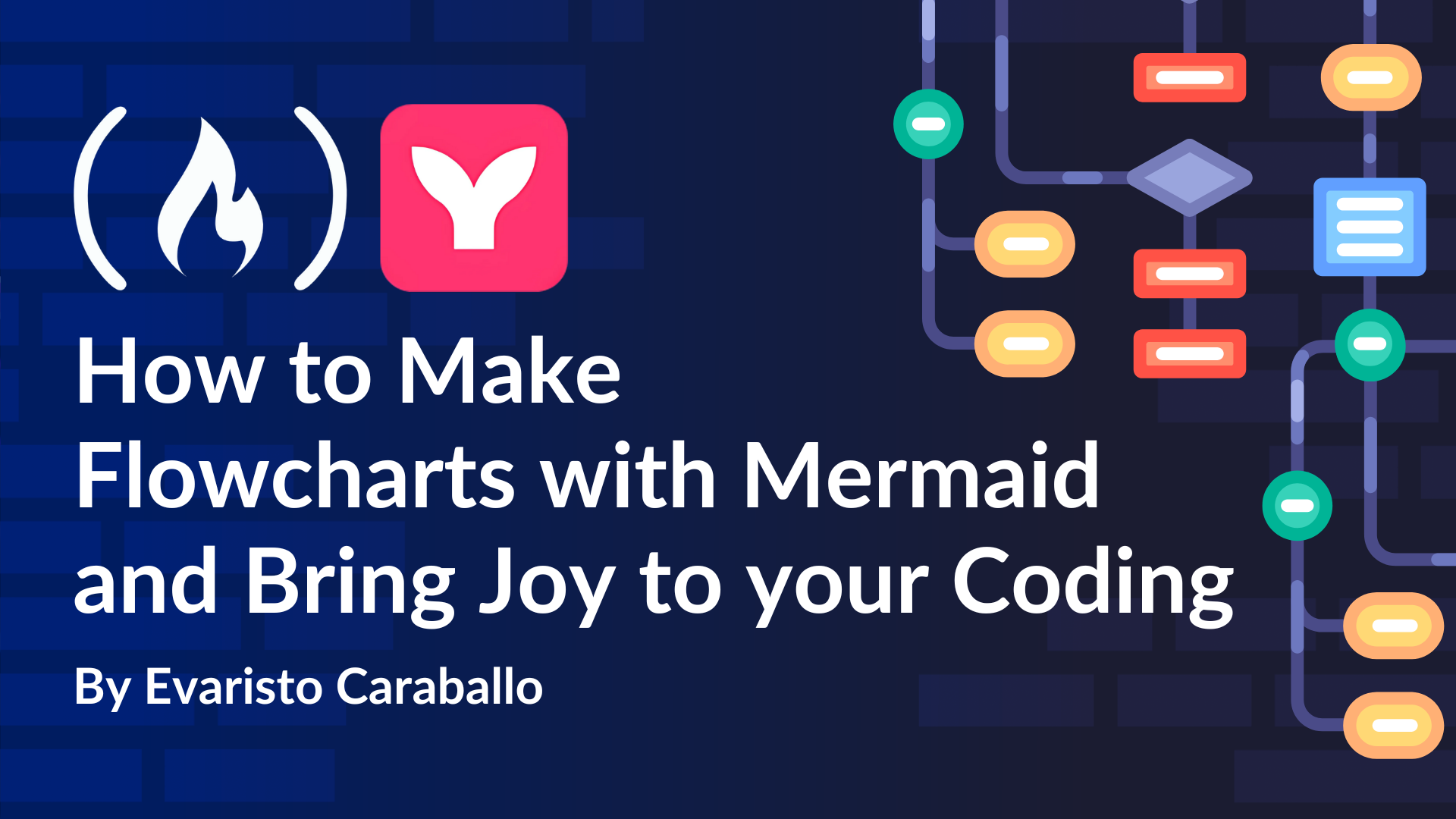Understanding Deep Learning Research Tutorial - Theory, Code and Math
Understanding deep learning research can often feel like unraveling a dense and intricate puzzle. From decoding mathematical notation to navigating complex code bases, the process can be daunting, especially for newcomers. But with the right guidance...

Understanding deep learning research can often feel like unraveling a dense and intricate puzzle. From decoding mathematical notation to navigating complex code bases, the process can be daunting, especially for newcomers. But with the right guidance, you can build the skills necessary to break down cutting-edge AI research and make it accessible.
We just published a course on the freeCodeCamp.org YouTube channel that will teach you how to read, understand, and implement deep learning research. Taught by Yacine, a published researcher and machine learning practitioner, this tutorial provides a step-by-step approach to mastering essential skills like interpreting technical papers, understanding advanced mathematics, and navigating research codebases. With practical examples and a focus on recent AI papers, this course empowers you to confidently engage with the latest developments in machine learning.
What You’ll Learn in This Course
The course is structured to address the key challenges that aspiring researchers and practitioners face when diving into deep learning:
1. How to Read Research Papers
This section provides a comprehensive framework for effectively breaking down research papers:
Learn how to get external context and perform an initial casual read to grasp the paper’s main idea.
Dive deeper into filling knowledge gaps and achieving conceptual understanding.
Explore how to conduct a code deep dive and meticulously analyze the paper’s methods and results.
Develop strategies to identify and address weird gaps or inconsistencies in the paper.
2. Understanding Deep Learning Math
Many papers rely heavily on mathematical notation, which can be intimidating. Yacine simplifies this process by teaching:
Techniques to relax and approach formulas systematically.
How to translate symbols into meaning and build intuition around complex equations (e.g., the QHAdam optimizer).
Methods to summarize mathematical insights for practical application.
3. Learning Math Efficiently
Mastering the mathematics behind deep learning doesn’t have to be overwhelming. This section focuses on:
Selecting the right subfields of math to study based on your goals.
Leveraging exercise-rich resources to reinforce learning.
Using the Green-Yellow-Red method to identify strengths and weaknesses.
Fixing gaps in understanding through targeted study of theory.
4. Navigating Deep Learning Codebases
Research codebases are often sprawling and complex. Yacine walks you through:
How to map the structure of a codebase after reading the related research paper.
Strategies to run, debug, and understand the code.
Methods to elucidate unclear components and take detailed notes for clarity.
5. Segment Anything Model (SAM) Deep Dive
The course culminates in an in-depth exploration of the Segment Anything Model (SAM), a groundbreaking approach to segmentation in computer vision. You’ll learn about:
The task and testing process for SAM.
Its theoretical underpinnings and key model components, including the image encoder, prompt encoder, and mask decoder.
How the data pipeline and engine are structured.
Insights into SAM’s zero-shot results and limitations.
Why This Course
Whether you're a beginner curious about deep learning or an experienced developer aiming to engage with AI research, this course equips you with practical tools and methodologies to demystify deep learning research. By combining theory, hands-on practice, and real-world examples, Yacine ensures that you’ll walk away with actionable insights and confidence in your ability to tackle even the most complex papers.
Check out the Deep Learning Research Tutorial now on the freeCodeCamp.org YouTube channel (2-hour course).





















